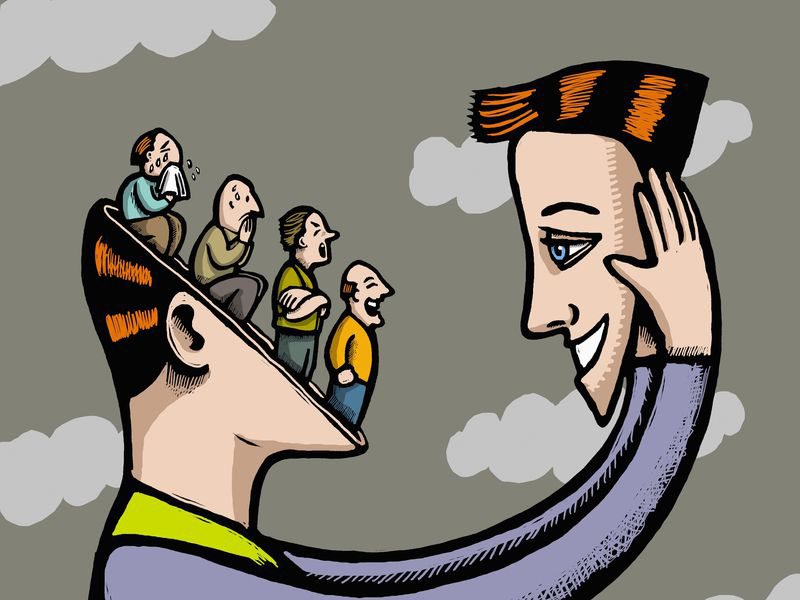In the process of caring for your loved one with dementia, you may have come across times when she says that she just saw her dead husband walk pass the window, or shout at non-existent bugs crawling on the floor. Whether disturbing or ridiculous to you, hallucinations are very real to persons with dementia. To them, these experiences really take place, which makes it near impossible to convince them that they are mere figments of their imagination or by-products of their condition.
For caregivers and loved ones alike, seeing your ward with dementia hallucination can present both a traumatic and frustrating scenario. Not only are they difficult to handle, you may also become emotionally drained as a result. But your best weapons to deal with this? Knowledge and coping strategies.

Knowing Your Enemy
A hallucination is a false perception of an object or event that involves the person’s senses. This means that he or she may see, smell, hear, taste, or even feel something that isn’t actually present. Hallucinations differ from delusions—another symptom of dementia—in that a delusional person harbours false understandings and beliefs about what’s going on in the present. For instance, a hallucinating person with dementia may hear imaginary voices speaking to her, while a delusional patient may think that her grandchild stole her hidden savings or someone from the nursing home is trying to poison her.
Delusions are usually the result of paranoia caused by progressive memory loss, while hallucinations can stem from an overloading of stimuli from people or the environment, a disrupted routine, or interactions between medications. Hallucinations are also present in cases of sundowning. Both, however, tend to surface more frequently in patients that are in the mid to late stages of dementia.
Getting A Grip On Hallucinations
As a concerned family member or dementia caregiver, you may feel inclined to put a stop to a dementia patient’s hallucinatory episodes. But before you intervene, ask yourself: Is my loved one’s hallucination harmful to herself or others? Are the things she perceived to be her reality becoming morbid? If your answer to these are no, perhaps easing off the control and letting her be may be the smarter step. That said, if you’ve assessed the situation and feel that things are getting out of hand, here are some ways you can consider to keep these hallucinations in check.
Practise Using The 3 R’s
As with any bouts of bad temper or blame, do not try to fight fire with fire by attempting to correct or understand the behaviour. First, reassure and validate the person’s fears with statements like, “Bugs are indeed scary. Don’t worry, I am here and will take care of you.” Next, respond to the person’s immediate needs accordingly before refocusing your attention and your ward’s on other more important things.

Get Distracting
Sometimes in the case of a person experiencing hallucinations, it can be the immediate environment or something seemingly innocuous like white noise from the television that is setting her off. Reset the line between fantasy and reality for them by taking them for a walk outside, playing some soothing music, or simply having a good conversation together.
Dig Deeper
Besides Alzheimer’s Disease and dementia, there may be other causes responsible for these episodes of hallucination, such as schizophrenia, kidney or bladder infections, deteriorating eyesight or hearing faculties, or the side effects of certain medications. It is always a good idea when it comes to a person with Alzheimer’s hallucinations to undergo a medical evaluation in order to rule out all other possible causes. In any case, always consult a doctor or healthcare provider to ascertain if your loved one is experiencing hallucinations or delusions to decide on the next course of action.



